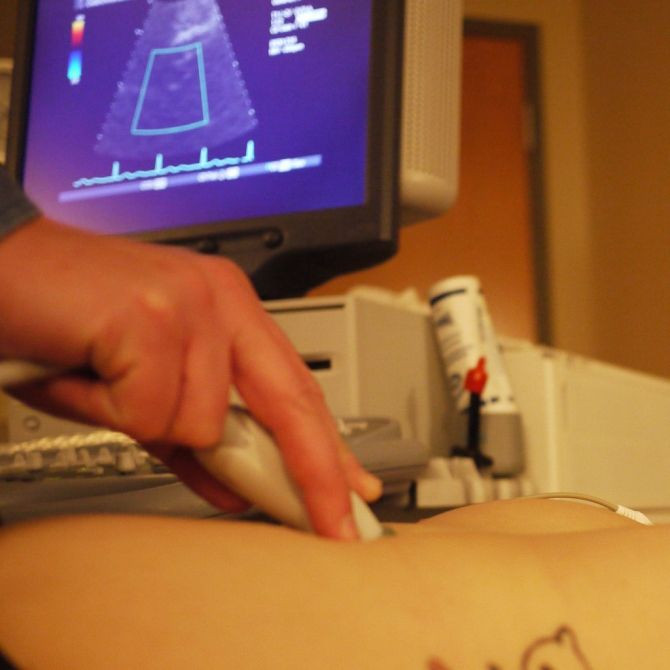Self-Affirmation May Break Down Medical Screening Resistance

New research suggests self-affirmation may help patients to break down medical screening resistance.
Many patients resist medical screening or never call in for their results because they fear knowing they might be sick or at risk for disease. But not catching a disease early, in some cases, can be life threatening.
The study by University of Florida psychologists Jennifer L. Howell and James A. Shepperd suggests that having patients think about what they value most can help break down their resistance to medical screenings.
“If you can get people to refocus their attention from a threat to their overall sense of wellbeing, they are less likely to avoid threatening information,” said Howell.
Affirmation Exercises
Researchers conducted three studies, each of which included about 100 students of both sexes. In each study the participants were asked to think of a trait they valued; they chose traits such as honesty, compassion, and friendliness. The participants then wrote an essay either about how they demonstrated the trait, expressing self-affirmation, or an essay of a friend, not affirming themselves, demonstrating the trait.
The researchers called this essay the 'psychology survey' that introduced a self-affirmation manipulation.
The survey "prompted participants to list traits that were central to their self-concept, to identify the trait that they considered most important, and then to write a short essay about a time that they successfully demonstrated the trait" (for the affirmation condition) or "about a time a friend successfully demonstrated the trait" (for the no affirmation condition).
Next participants watched a video about a (fictional) disorder called thioamine acetlyase (TAA) deficiency that ostensibly impairs the body’s ability to process nutrients and can lead to severe medical complications, explained the authors.
After completing an online risk calculator for the disease the participants decided either to receive their risk feedback or not.
Study Results
Study 1 participants who wrote self-affirming essays were more likely to avoid learning their risk as oppose to those who wrote non-affirming essays.
Study 2 participants were required to take an essay or onerous follow-up examination process if they tested high risk for TAA deficiency. The researchers found that un-affirmed participants avoided learning their risk more when they thought it might necessitate an onerous examination, compared to an easy one. Follow-up and affirmed participants showed little avoidance regardless of the difficulty of follow up.
Study 3 participants were told that TAA could be managed with a pill; or that there was no effective treatment. The researchers again found that affirmed participants were unlikely to avoid the news, regardless of the possibility of treatment.
Although the researchers believe it is rational to choose not to know about an incurable disease that may or may not exist, they say that it is wise to go through a screening and to follow up just in case there is a problem such as preparing for negative events, getting affairs in order or finding coping resources.
The full study was published in the journal Psychological Science.
Published by Medicaldaily.com



























